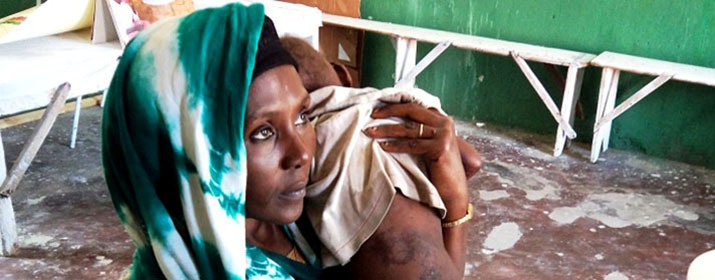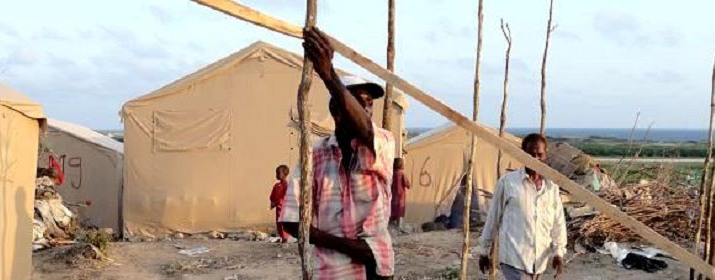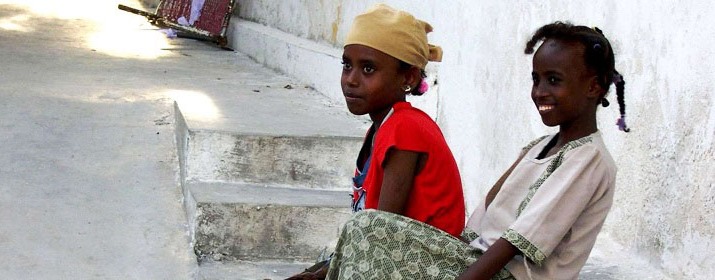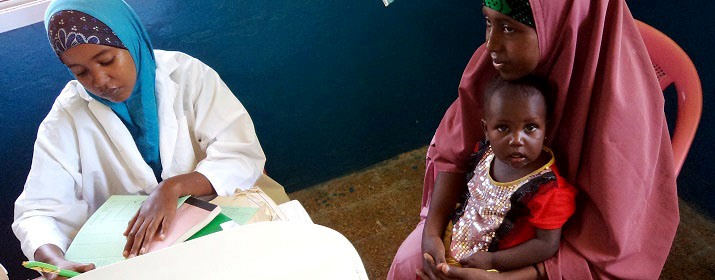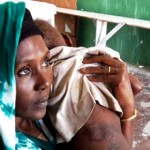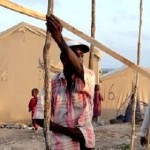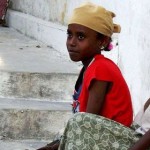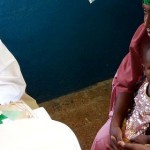Civil insecurity, political instability and clashes between armed groups in Lower Shabelle and Gedo regions continue to generate cases of violation of human rights, violence and mass migration. The population remains in a state of acute food crisis and humanitarian emergency.
The rates of neonatal, maternal and child mortality are among the highest in the country: the presence of cholera, poor food, lack of access to safe water and basic sanitation are real risks for the population. Diseases such as measles rapidly spread in crowded living conditions, as in the peri-urban areas and settlements for displaced people, and the immunization coverage is still not enough to prevent outbreaks. In a context where the maternal mortality rate is 1,044 per 100,000 live births, reproductive health is a crucial issue: pre-and post-natal care are scarce and almost everywhere cares for delivery emergency are absent.
In close collaboration and with financial support from UNICEF, we started a program of cross-sectorial approach: to work in synergy on water and sanitation, nutrition and education is necessary to ensure positive impacts and sustainability.
Together with UNICEF and the Somalia Support Secretariat, we work to strengthen childcare services, ensure safe motherhood and support the vaccination of children. Through support to primary health care facilities in Lower Shabelle and Gedo regions, we will strengthen access, use and quality of local health services.

